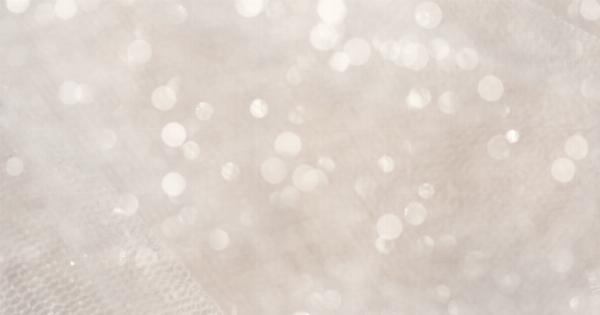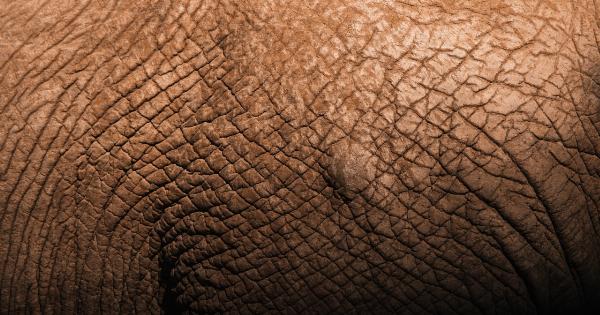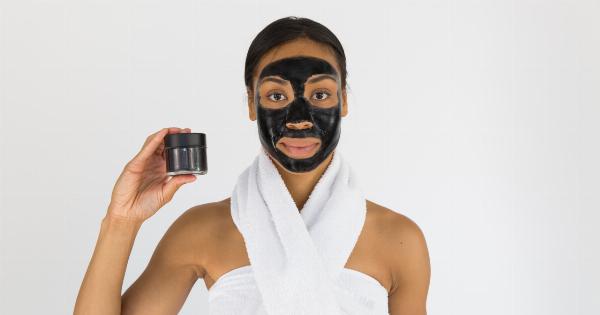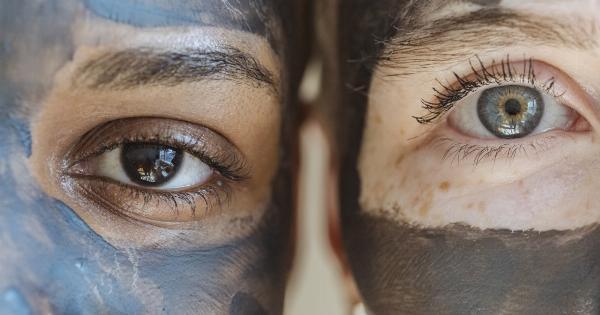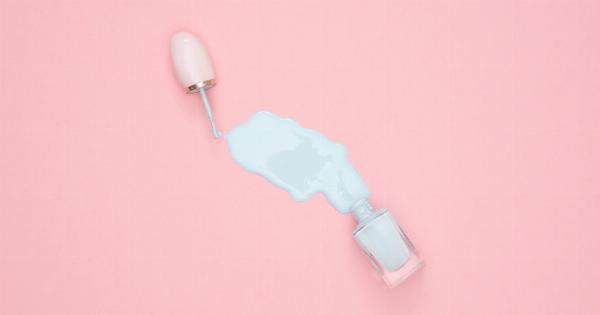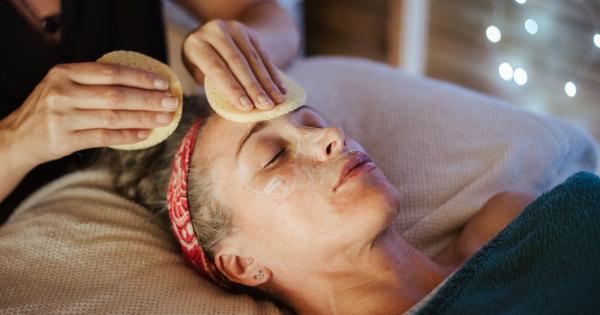When it comes to skincare, many people are turning to natural ingredients in search of a healthier and more eco-friendly alternative to commercial products.
While some natural ingredients can be beneficial for your skin, it’s essential to exercise caution and avoid certain ingredients that may do more harm than good. In this article, we’ll discuss six natural ingredients that you should avoid putting on your face.
1. Lemon Juice
Lemon juice has gained popularity as a natural remedy for various skin concerns, such as treating acne or lightening dark spots. However, it’s important to note that applying lemon juice directly to your face can cause more harm than good.
The acidity of lemon juice can disrupt the skin’s natural pH balance, leading to irritation, dryness, and even chemical burns. If you want to enjoy the benefits of lemons, opt for products formulated with lemon extract or consult a dermatologist for safe alternatives.
2. Baking Soda
Baking soda is a versatile household item often used for cleaning and baking purposes. Some people also use it as a DIY exfoliator or facial cleanser due to its mild abrasive properties.
However, baking soda can disrupt the skin’s moisture barrier and cause irritation, especially for those with sensitive or dry skin. It has high alkaline levels, which can disrupt the natural pH balance of your skin, leaving it vulnerable to infections and breakouts. Instead, look for gentle exfoliating products specifically designed for facial use.
3. Essential Oils
Essential oils have gained immense popularity in skincare due to their natural fragrances and potential therapeutic benefits. However, not all essential oils are safe for direct application to the skin.
Many essential oils are highly concentrated and can cause allergic reactions, irritation, or even photosensitivity. It’s crucial to dilute essential oils properly and conduct a patch test before applying them to your face. Additionally, certain essential oils are not suitable for individuals with specific health conditions.
Always consult a professional or do thorough research before using essential oils on your face.
4. Toothpaste
Toothpaste has often been recommended as a quick fix for acne due to its drying effect. While toothpaste may help reduce the appearance of pimples temporarily, it is not formulated for the skin.
Toothpaste contains ingredients like menthol, fluoride, and hydrogen peroxide, which can be harsh and irritating to the delicate skin on your face. Moreover, certain toothpaste formulations may contain sulfates or whitening agents that can cause further damage. It’s best to rely on skincare products specifically formulated to target acne rather than reaching for toothpaste.
5. Sugar
Sugar is a common ingredient in DIY skincare recipes and is often used as a natural exfoliator. However, the coarse texture of sugar can cause micro-tears in the skin’s surface, leading to irritation and inflammation.
Additionally, sugar can increase the risk of acne breakouts, especially for those with oily or acne-prone skin. Instead, choose gentle exfoliators that contain finer particles or opt for chemical exfoliants like AHAs or BHAs, which are safer and more effective.
6. Vinegar
Vinegar, specifically apple cider vinegar, has been hailed as a natural toner and remedy for various skin issues. While it may have some benefits, using vinegar directly on your face can be problematic.
Like lemon juice, vinegar is acidic and can disrupt the skin’s pH balance, leading to irritation, dryness, and potentially even burns. If you’re interested in using vinegar for skincare, it’s best to dilute it in water and use it sparingly or explore vinegar-infused skincare products formulated by professionals.
Conclusion
While natural ingredients can be beneficial in skincare, it’s crucial to research and approach them with caution.
Lemon juice, baking soda, essential oils, toothpaste, sugar, and vinegar are just a few examples of natural ingredients that should be avoided when it comes to facial application. Always prioritize your skin’s health and consult professionals or reliable sources before introducing new ingredients into your skincare routine.
Remember, what works for others may not necessarily work for you, and it’s better to be safe than sorry.




